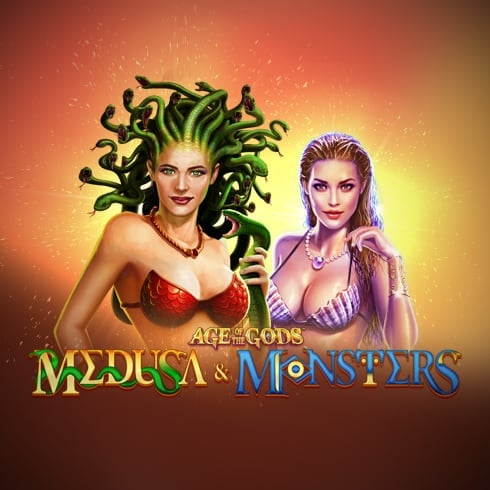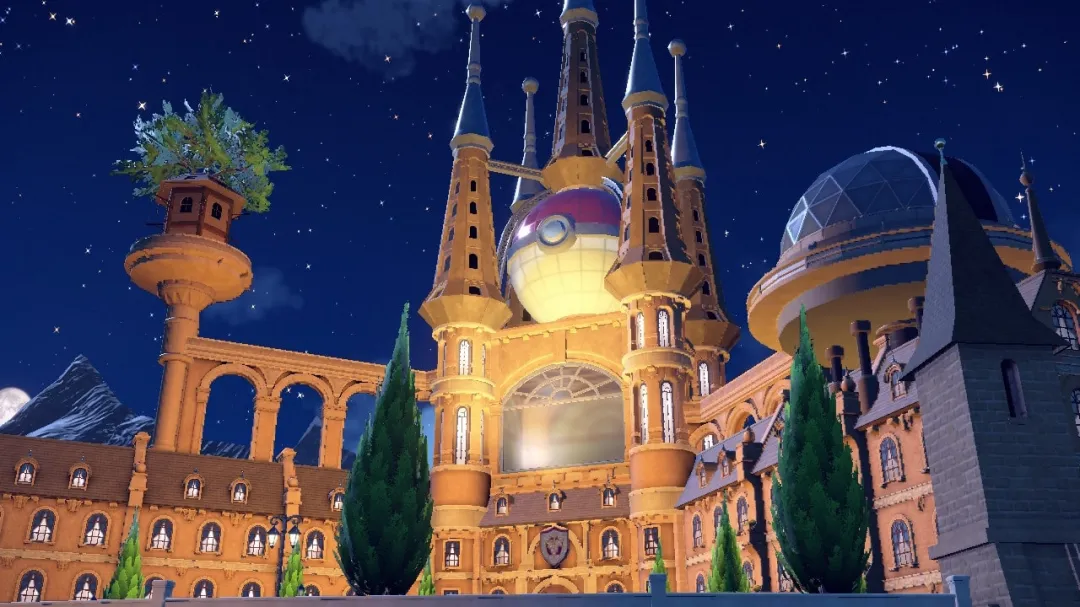In modern interpretations, Medusa’s gaze also evokes themes of self-protection and emotional defense mechanisms. For many individuals who have faced trauma, the instinct to shield oneself from further harm can manifest in various forms, including emotional coldness or distance. Medusa embodies this struggle; her monstrous nature serves as a barrier against vulnerability, yet it isolates her even further.
The World of Medusa & Monsters: Cultural Interpretations
Monsters have captured human imagination across cultures and epochs. They are more than mere representations of fear; they embody cultural anxieties, moral lessons, and archetypal narratives that resonate with the human experience.
Historical Context of Monsters & Monsters in Mythology
Throughout history, societies have created myths involving monsters to articulate their fears and aspirations. From the Minotaur in Greek mythology to the dragon in various mythologies around the world, these creatures serve a purpose beyond entertainment; they reflect the values, struggles, and fears of the time ww88.
Monsters often arise from cultural conflicts or natural phenomena. For instance, the dragon represents chaos and untamed nature, often portraying the struggle between civilization and the wilderness. Similarly, the Minotaur symbolizes the darker aspects of humanity—violence, savagery, and the beast within.
In studying these historical contexts, we see that monsters are not solely evil beings. They represent the gap between human understanding and the unknown, reflecting both internal and external conflicts that define the human condition.
Psychological Perspectives on Monsters & Monsters
From a psychological lens, monsters can represent the darker facets of human nature. Carl Jung famously spoke about the “shadow” self, the parts of ourselves we prefer to hide away. Monsters can thus be seen as embodiments of our suppressed emotions, desires, and fears. Medusa, as a monster, offers insight into the consequences of repression. Her existence raises questions about what happens when society chooses to ignore or stigmatize certain emotions or experiences.

Additionally, the fear of monsters often mirrors our own insecurities. As we navigate life, we encounter situations that challenge our sense of self, causing us to question our identities. Monsters can serve as a representation of these uncertainties—a manifestation of what we perceive as “other” or outside of societal norms.
Moreover, the trope of the monster can function as a cautionary tale. Many tales highlight the repercussions of unchecked ambition, greed, or lust, illustrating that the real monsters often reside within ourselves. Medusa and her fellow monsters serve as reminders that failure to confront our inner demons can lead to isolation and despair.
Monsters & Monsters in Contemporary Culture
In today’s world, monsters continue to thrive in popular culture, from films and literature to video games and graphic novels. They evolve along with societal anxieties, addressing issues like technology’s impact on humanity, environmental disasters, and personal trauma Medusa & Monsters.
Modern adaptations of Medusa often reinterpret her story, framing her as a tragic hero rather than a villain. By exploring her backstory and motivations, contemporary portrayals invite audiences to empathize with her plight. This shift highlights the complexities of identity and the idea that monsters can often be misunderstood beings longing for acceptance and understanding.




